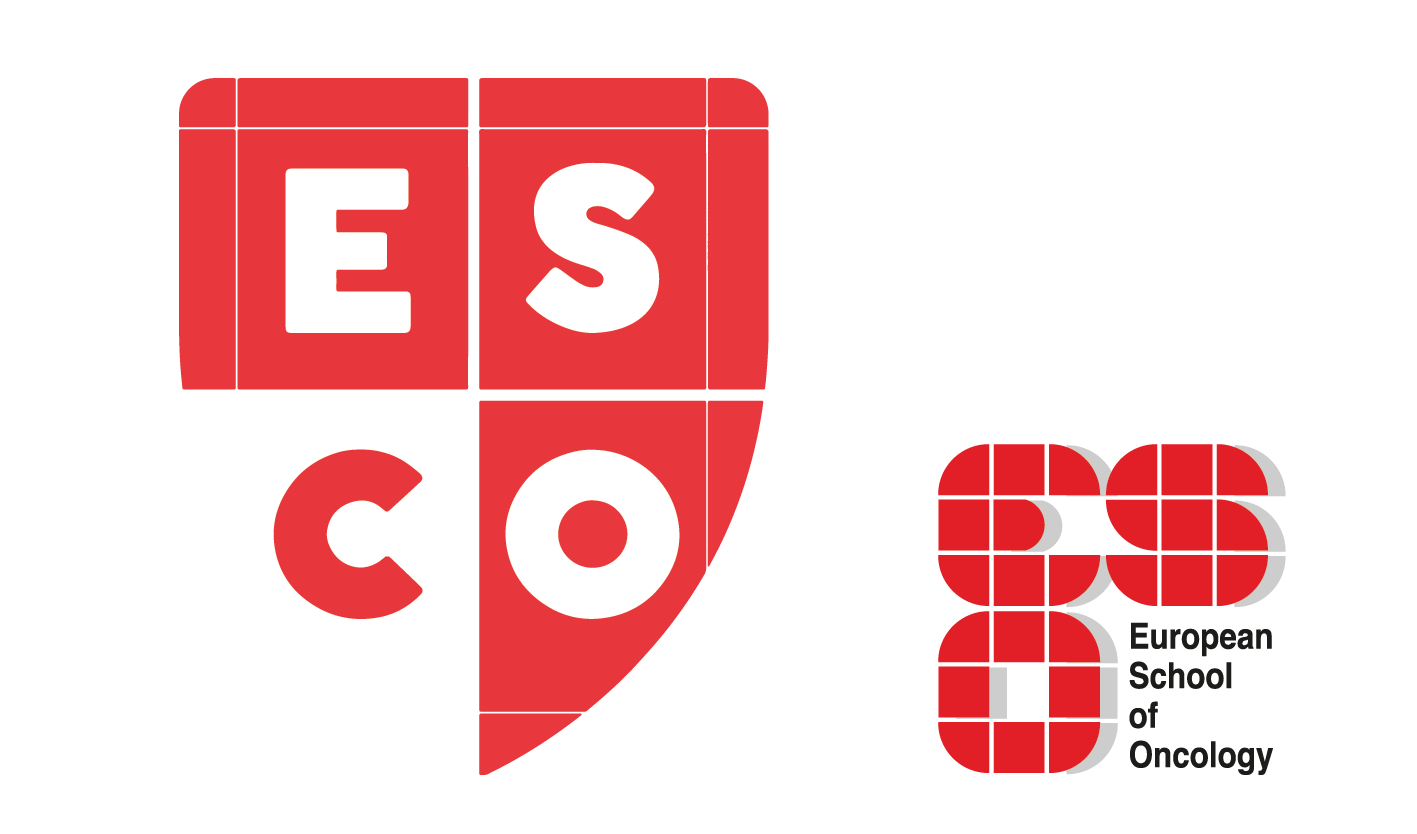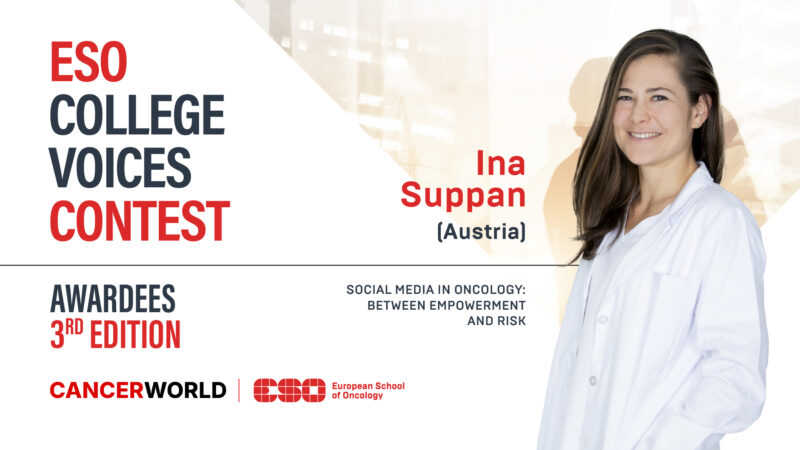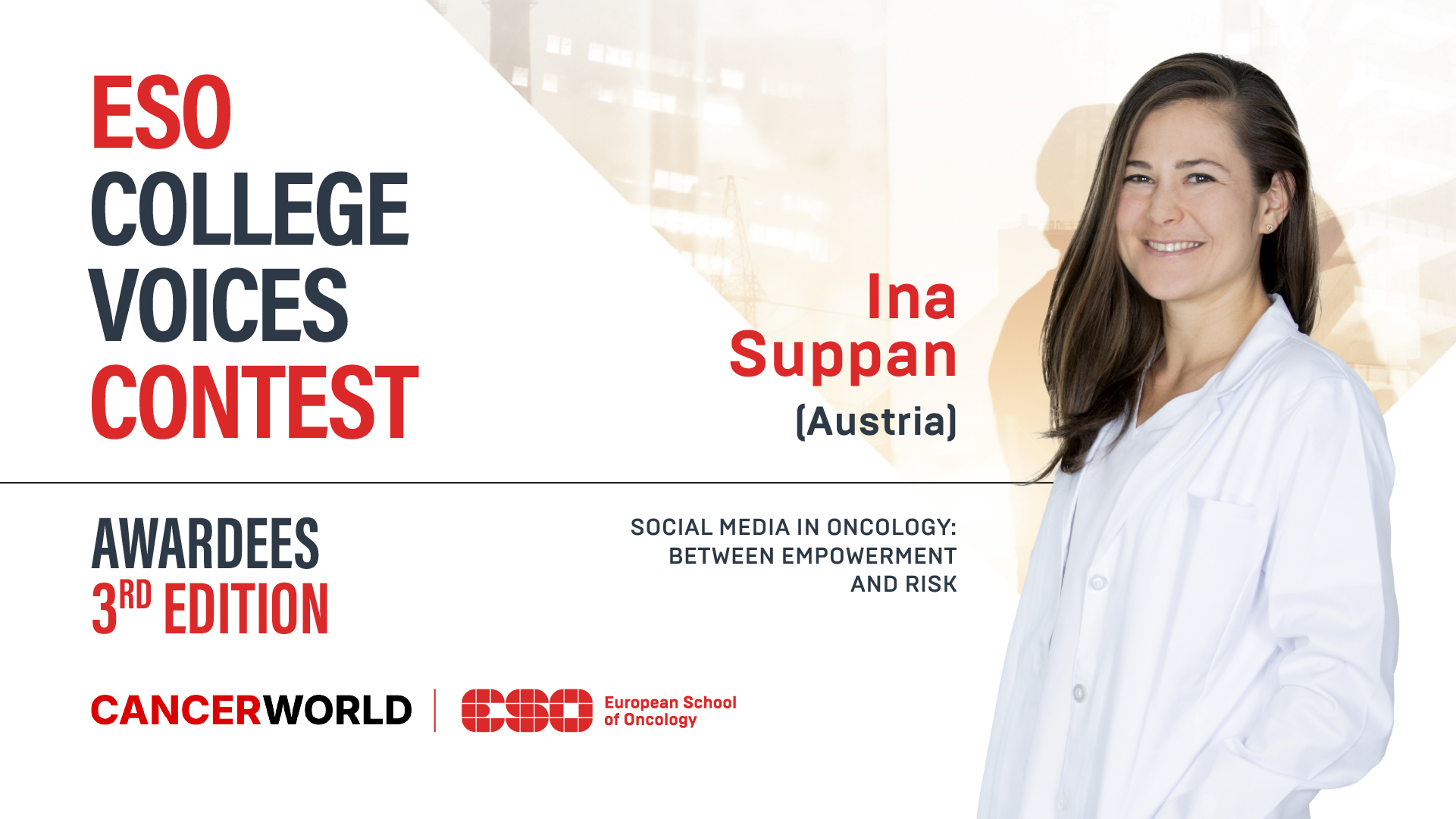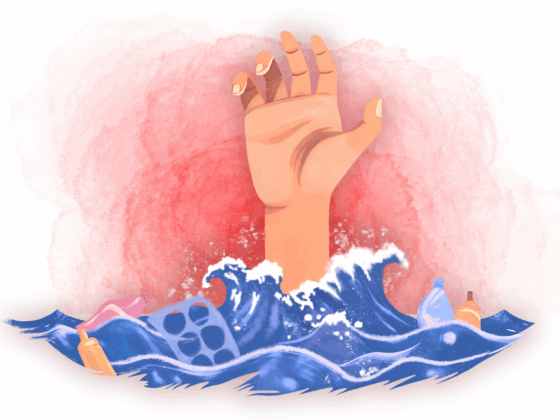In oncology, communication has always been central – but in the digital age, it increasingly unfolds online. Platforms like Instagram, TikTok, Facebook, and X have become arenas where cancer journeys are shared, interpreted – and sometimes dangerously distorted. For patients living through one of the most vulnerable phases of their lives, social media can empower or endanger.
The Supportive Side: Empowerment, Connection & Access to Knowledge
Digital communities can reduce isolation and provide both emotional and practical support. A 2021 study involving young adults aged 18–39 found that online peer support reduced feelings of isolation and validated emotional and practical needs, especially where in-person networks were inaccessible [1].
A 2023 meta-analysis of 6,239 patients across 11 countries showed that social-media-based interventions improved quality of life (g = 0.25) and significantly reduced anxiety (g = –0.41) [2]. Qualitative studies with breast cancer survivors further underscore the value of online spaces that provide practical tips, emotional relief, and peer connections [3].
One young breast cancer survivor put it simply: “Connecting with others who understood the side effects and the emotional burden helped me feel less alone.”
These positive experiences align with the mission of the European School of Oncology (ESO) to educate, connect, and empower professionals – and, through them, patients [10].
The Dark Side: Misinformation & Digital Risks
Social media is not a neutral space. Analyses from the University of Bologna show that between 88% and 100% of cancer-related content on YouTube and TikTok is inaccurate or misleading [5]. These range from “miracle cures” and extreme diets to harmful practices like coffee enemas or unapproved infusions.
The American Society of Clinical Oncology (ASCO) has documented cases where patients delayed or refused evidence-based treatments in favor of social-media-promoted alternatives – with sometimes fatal outcomes [4]. Even well-intentioned content can cause harm: uplifting TikTok videos that omit realities such as nausea or fatigue may set unrealistic expectations, leaving those with different experiences feeling inadequate [6].
The Role of Healthcare Professionals – Especially Nurses
Oncology nurses, among the most trusted professionals, are increasingly using social media to share evidence-based information and advocacy [7]. Many use the THINK framework – True, Helpful, Inspiring, Necessary, Kind – to ensure credibility.
As one nurse reflected: “We need to balance empathy with evidence. Our digital voice matters.”
Real-world examples highlight this potential:
– Shanon Nealon, an Australian patient and later nurse consultant, documented her chemotherapy journey with dance videos on TikTok alongside her father – blending honesty, humor, and education to inspire others [8].
– Alex Lawless, a breast care nurse, supported a young patient both online and offline, providing practical and emotional support that helped preserve dignity and self-esteem during treatment [9].
Why Clinicians Cannot Remain Silent
Misinformation spreads quickly online. Silence from health professionals leaves a vacuum that others will fill. Therefore, oncologists and nurses should use social media to:
– Share evidence-based, compassionate content.
– Explain treatments, side effects, and mental health resources.
– Teach digital health literacy.
Strategies for Responsible Digital Engagement
1. Integrate digital health literacy into patient education – not as an optional add-on but as a core element.
2. Empower oncology professionals online through institutionally supported roles, training, and ethical guidelines.
3. Build partnerships with credible patient advocates.
4. Develop national or regional strategies to combat misinformation, including monitoring and evidence-based counter-communication.
5. Tell stories with context – combining personal narratives with professional framing for emotional and informational impact.
Hospitals and professional societies could formalize roles such as “Clinical Social Media Liaison” or provide incentives for quality online contributions. Such measures not only protect patients but also strengthen trust in healthcare.
Between Culture and Responsibility
Social media is more than a tool – it is a culture where speed can trump accuracy and popularity can outweigh evidence. In this environment, oncology professionals must act as guides rather than gatekeepers. They should share reliable information, amplify patient voices, and correct falsehoods when necessary.
Initiatives like the American Cancer Society’s Digital Ambassador Program or the Royal College of Nursing’s social media training modules show how professionals can be empowered to engage safely and effectively. ESO is ideally positioned to support such developments across Europe.
Previous ESO College Voices winners have shown how personal storytelling combined with professional insight can highlight disparities, innovations, and the human side of oncology. These experiences reinforce that dialogue, evidence, and empathy remain the foundations of good oncology – both offline and online.
Conclusion
Whether lifesaving or life-risking, the impact of social media in cancer care depends largely on whether qualified voices engage in the conversation. In a world where digital narratives can influence clinical decisions, silence is not an option.
The oncology community faces a choice: passively leave the digital space to others, or actively shape it with clarity, compassion, and critical thinking. Only the latter ensures that social media becomes a force that strengthens, rather than undermines, those facing one of life’s greatest challenges.
Acknowledgment
This article was written by Ina Suppan, one of the two winners of the ESO College Voices Contest 2025, on the topic “Social media: friend or foe for cancer patients?”.
This year’s contest once again proved that doctors can also be excellent cancer writers. We received 27 proposals from ESO College members across 20 countries, each exploring the chosen theme.
After careful deliberation, guided by CancerWorld’s editorial standards, as well as criteria of clarity, relevance, originality, potential impact, and our hallmark style of weaving in interviews and firsthand perspectives, Dr. Suppan was selected as one of the winners, and we are proudly publishing her impactful voice.

References
- European School of Oncology. Mission and values statement. ESO Publications.
- Chung, J. E., et al. (2021). Online peer support for young adult cancer patients: Benefits and challenges. JMIR Cancer, 7(3), e28234. https://doi.org/10.2196/28234
- Zhang, Y., et al. (2023). Social media interventions for improving quality of life and reducing anxiety in cancer patients: A meta-analysis. Journal of Cancer Survivorship, 17, 117–129. https://doi.org/10.1007/s11764-022-01244-6
- Smith, L., et al. (2023). Experiences of breast cancer survivors with online support groups: A qualitative study. Supportive Care in Cancer, 31(5), 2345–2357. https://pmc.ncbi.nlm.nih.gov/articles/PMC10624053
- Boseley, S. (2023, May 5). Cancer patients dying after delaying treatment for social media ‘miracle cures’. The Times. https://www.thetimes.co.uk/article/cancer-patients-dying-fad-social-media-cures-2zt07tzm9
- Rossi, P., et al. (2022). Prevalence of cancer misinformation on YouTube and TikTok: A content analysis. University of Bologna. https://www.thesun.co.uk/health/35230256/cancer-patients-risk-dying-social-media
- Leonard, K. (2024, Jan 15). How TikTok is shaping breast cancer narratives—for better and worse. People. https://people.com/using-social-media-during-breast-cancer-diagnosis-8729206
- Oncology Nursing Society. (2021). Oncology nurses as influencers on social media. Clinical Journal of Oncology Nursing, 25(6), 1–5. https://www.ons.org/publications-research/cjon/25/6/oncology-nurses-influencers-social-media
- Brown, A. (2023, Sep 20). Nurse dances through chemo with dad. Courier Mail. https://www.couriermail.com.au/questnews/redlands/nurse-dances-through-chemo-treatment-with-doting-dad/news-story/b316cd7caf796e0a246ce6fd780fbdf4
- Evans, R. (2023, Oct 12). Special bond helping young breast cancer patient. Daily Telegraph. https://www.dailytelegraph.com.au/news/nsw/the-special-bond-thats-helping-28yearold-ali-moore-in-breast-cancer-fight/news-story/00192564f5e19a2c382e111ae8155209














